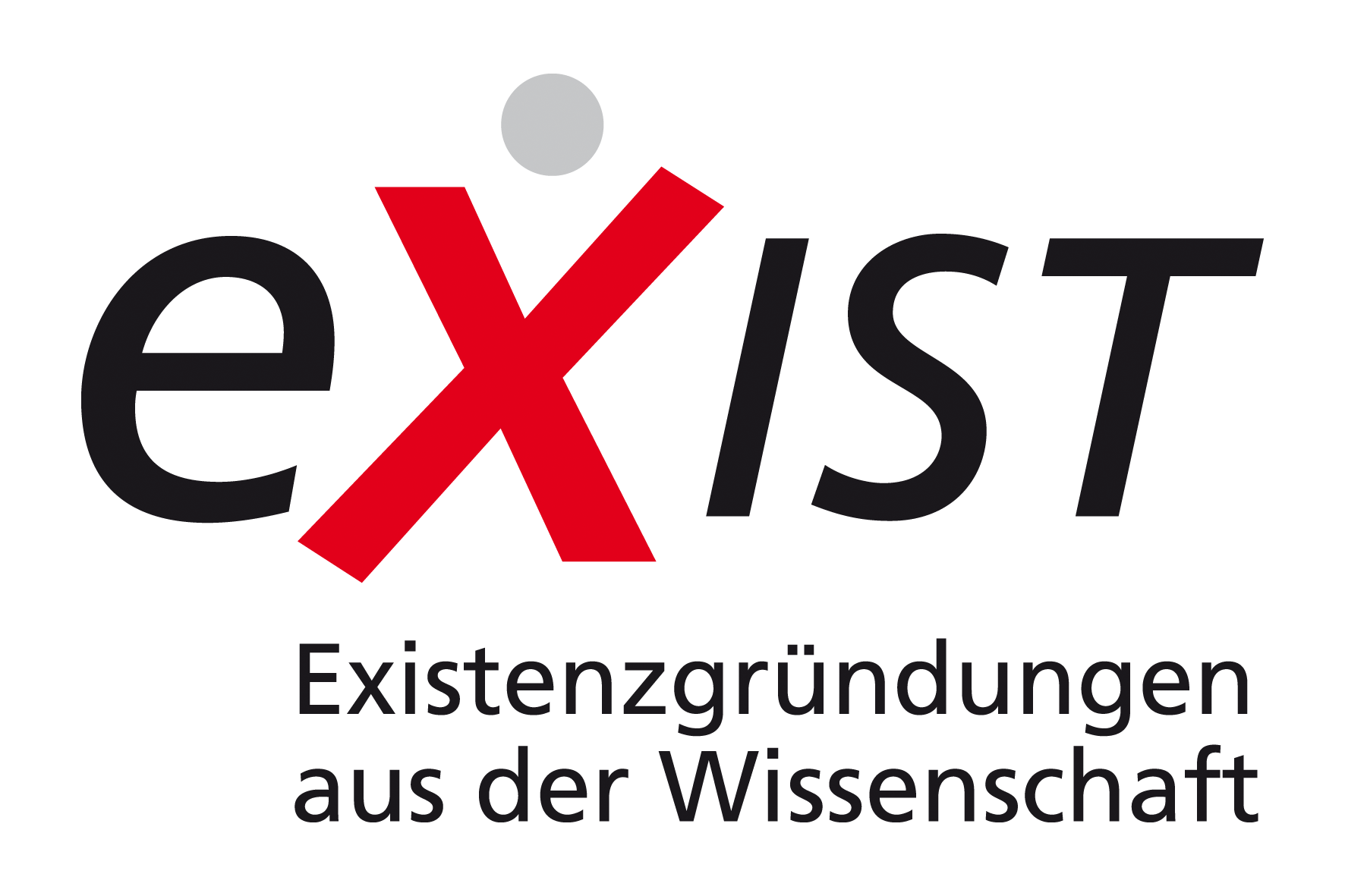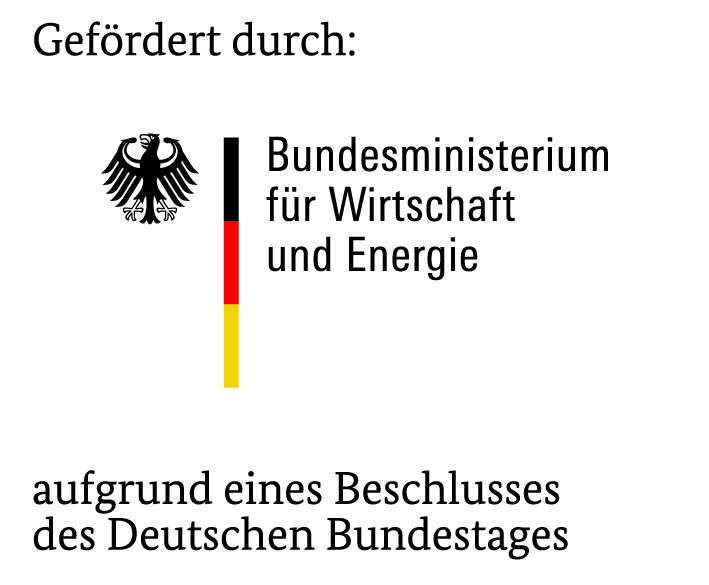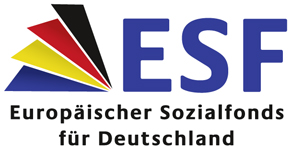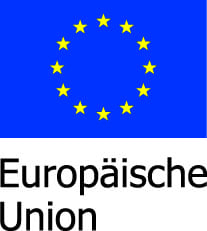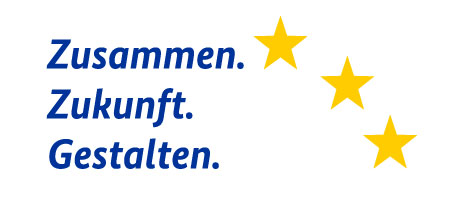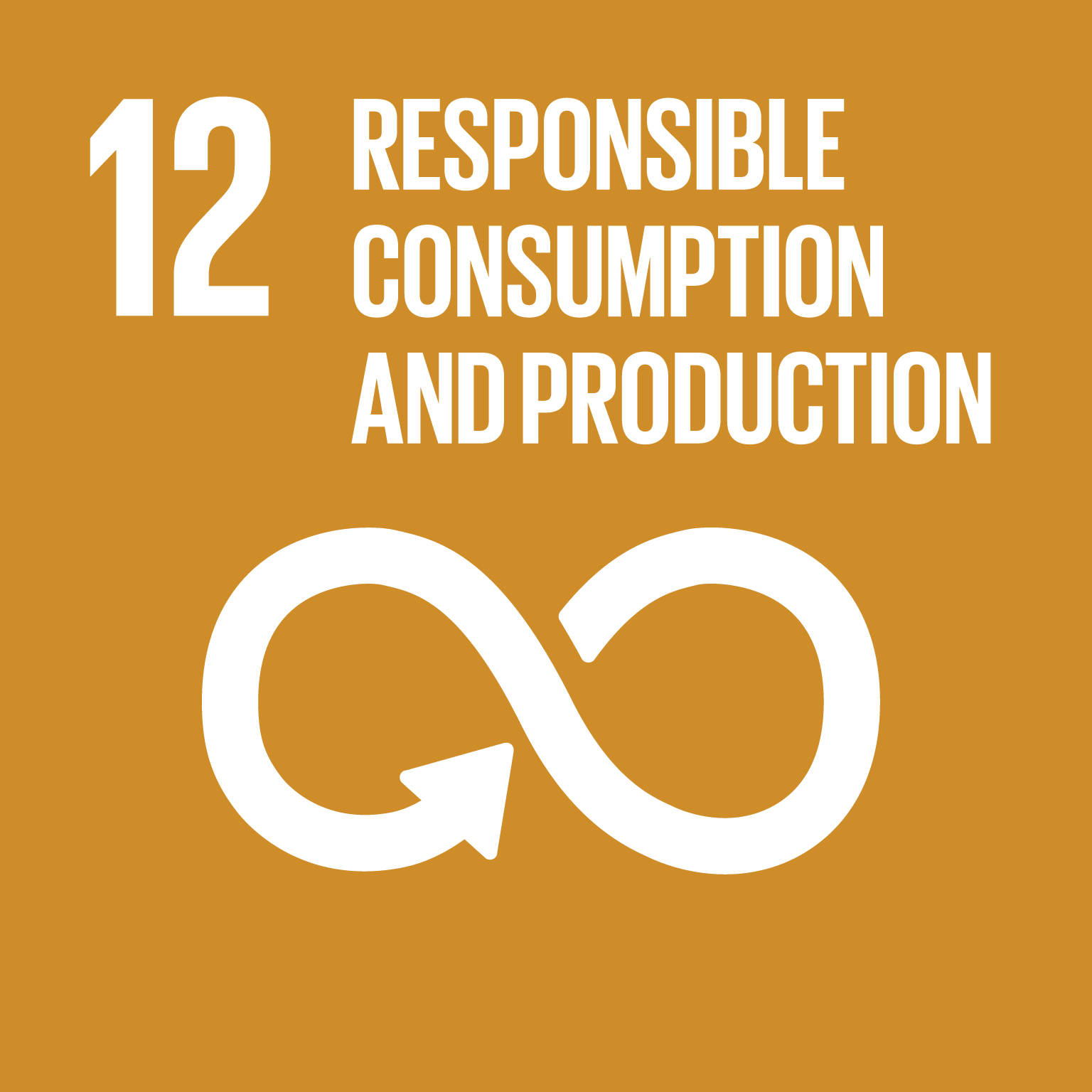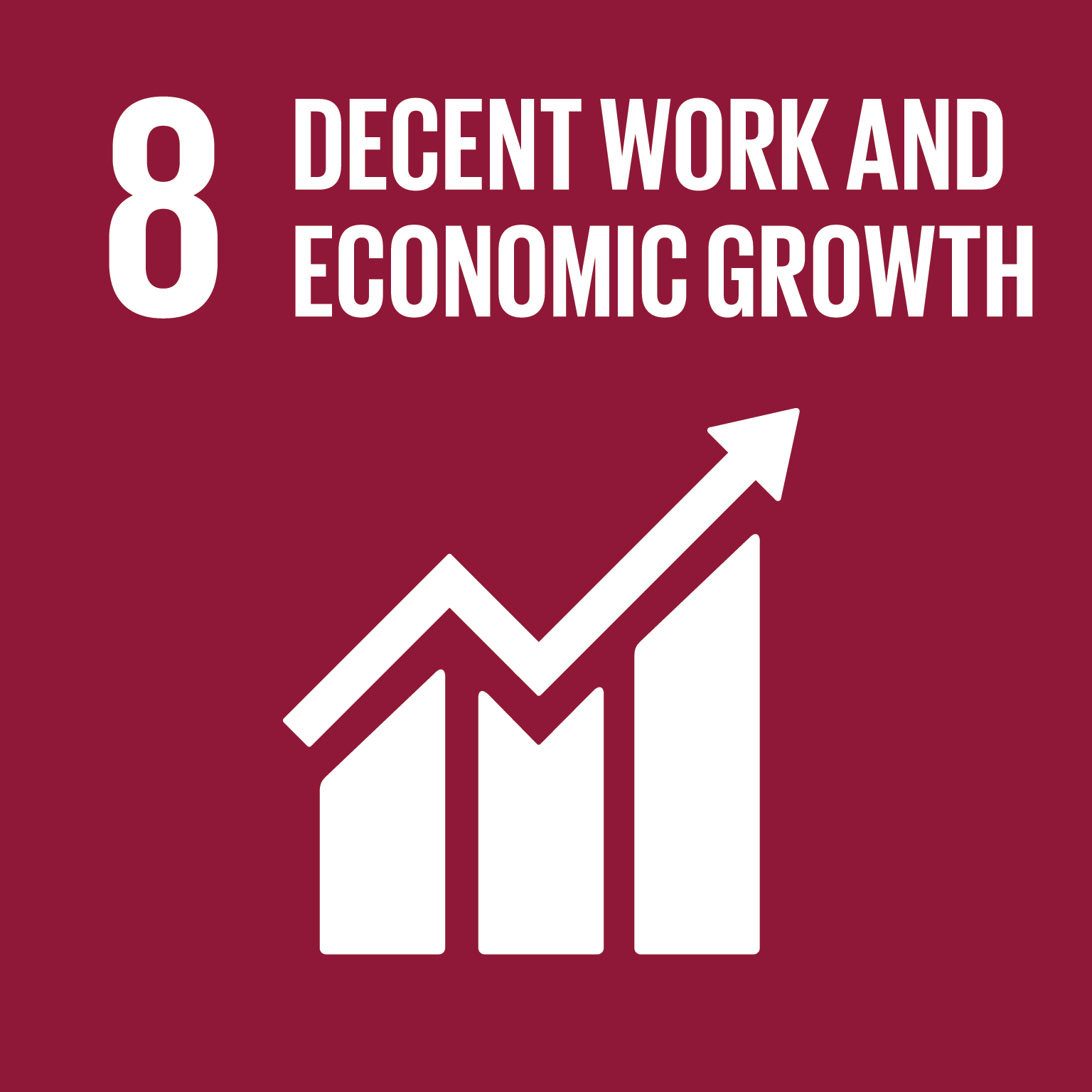SFDR: Sustainable Finance Disclosure Regulation
The Sustainable Finance Disclosure Regulation (SFDR) is a European Union regulation that came into force on March 10, 2021. It applies to all financial companies that offer sustainability-related financial products in the European Union.
You can find out everything about the SFDR and what companies need to pay attention to in this article.
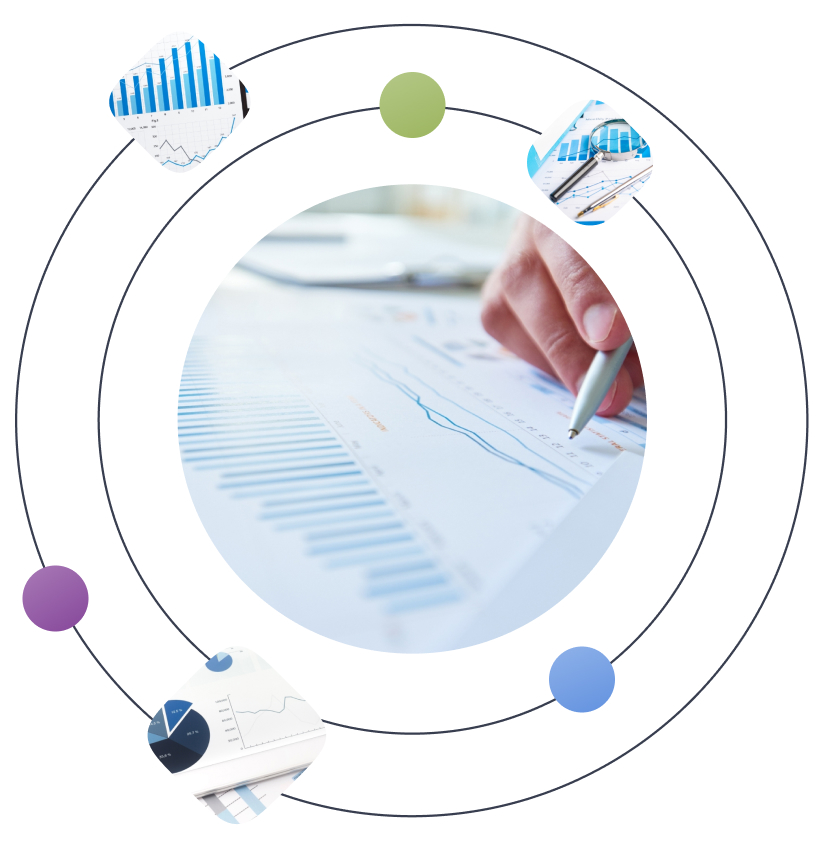
Objectives of the SFDR: More transparency and informed decisions
The SFDR is intended to create more transparency about the sustainability risks and impacts of financial products. To this end, it requires financial companies to disclose certain information for all sustainability-related financial products. This information includes, among other things:
The objectives and strategies of the financial company in the area of sustainable investing
The sustainability risks and impacts of the financial products
The way in which sustainability factors are incorporated into investment decisions
The SFDR is intended to help investors make informed decisions about their investments. The disclosure of this information is intended to help investors better understand the sustainability risks and impacts of financial products. This enables them to better align their investments with their individual sustainability goals.
What do the SFDR mean for companies?
The SFDR also has significant implications for companies. It imposes extensive disclosure requirements on companies offering sustainability-related financial products in the European Union. These disclosure requirements are intended to help investors better understand the sustainability risks and impacts of financial products.
The SFDR has the following impact on companies:
Cost: Implementing the SFDR requirements can involve significant costs for companies. These include costs for the collection and provision of sustainability information, for the adaptation of IT systems and for the training of employees.
Conversion effort: The implementation of the SFDR requirements requires companies to make a considerable conversion effort. This includes the development of a sustainability strategy, the collection and provision of sustainability information and the adaptation of products and services.
New business opportunities: The SFDR can also open up new business opportunities for companies. Companies that incorporate sustainability risks and impacts into their investment decisions can gain a competitive advantage.
The SFDR is an important milestone for the development of sustainable finance in the European Union. It helps to ensure that investors can make informed decisions about their investments and that companies operate more sustainably.
Affected financial products: Article 6, Article 8 and Article 9 products
The SFDR applies to all financial companies that offer sustainability-related financial products in the European Union. These include, among others:
Fund companies
Insurance companies
Banks
Asset managers
The SFDR distinguishes between three categories of sustainability-related financial products:
Article 6 products: These products do not pursue any sustainability goals.
Article 8 products: These products pursue sustainability goals but do not fulfill certain sustainability criteria.
Article 9 products: These products invest at least 75% of their assets in sustainable assets or pursue sustainability objectives beyond those set out in Article 8 products.
The SFDR prescribes specific disclosure requirements for each of these product categories.
Disclosure requirements: Information on sustainability objectives, sustainability risks and impacts
The SFDR requires financial companies to disclose certain information for all sustainability-related financial products. This information includes, among other things:
The financial firm's sustainable investing objectives and strategies: This information is intended to provide investors with an overview of the financial company's sustainability strategy.
The sustainability risks and impacts of the financial products: This information is intended to help investors understand the sustainability risks and impacts of the financial products.
The way in which sustainability factors are incorporated into investment decisions: This information is intended to help investors understand how sustainability factors are incorporated into the financial company's investment decisions.
Impact on investors: Better comparability and basis for decision-making
The SFDR has a positive impact on investors. It creates more transparency about the sustainability risks and impacts of financial products. This enables investors to better align their investments with their individual sustainability goals.
Sustainability Information Management with GLOSUS
GLOSUS offers the easy to use software for corporate sustainability information management. Our modular subscribable cloud solution enables companies manage their ESG data aggregation for holistic steering, compliant sustainability reporting and positioning as leader in sustainability.
With GLOSUS you take the step into a sustainable and efficient future. Book a non-binding and free appointment with our GLOSUS expert team to analyze together the potentials for your company!

The enterprise GLOSUS is granted by the German Federal Ministry for Economic Affairs and Energy and the European Social Fund as part of the EXIST program - University-based business Start-Ups.

